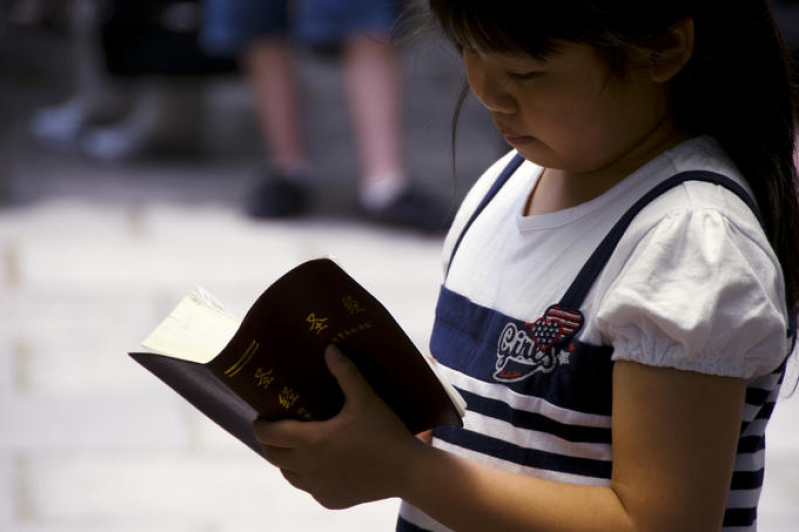
After raiding a church summer camp for children in China's Gansu province, authorities dismissed two Catholic priests for holding an "illegal" retreat as persecution intensifies.
Catholic news agency UCAN reported that dozens of children, ages 10 to 14, were meeting for a week-long youth retreat when police raided the campsite in the northern city of Tianjin and shut it down. The organizers of the camp, Father Wang Yiqin, and Father Li Shidong, were accused of holding an illegal activity and sent back to their hometowns.
Tianjin officials later sent a letter to China's state-controlled Catholic Church agency requesting that two new priests be sent as their replacements.
"There are people in the government who want to break the current situation," a source told the Catholic news agency UCAN. "They do not allow the underground church to exist and must convert it to be open."
In recent years, China's officially atheistic party has tightened its grip over the country's five officially recognized religions, ordering them to work toward "sinosization." A number of churches that refused to be registered with the government and infused with "Chinese characteristics" - such as loyalty to the Communist party - have been closed and destroyed.
Earlier this month, The Associated Press reported on what believers have described as increasing persecution under President Xi Jinping's government.
A 62-year-old shopkeeper from Henan province said that local officials recently showed up at their church and demanding that the cross, Bible verse calligraphy, and a painting of the "Last Supper" be taken down.
"I've always prayed for our country's leaders, for our country to get stronger," the shopkeeper said.
"They were never this severe before, not since I started going to church in the '80s. Why are they telling us to stop now?" he asked.
Last year, officials in China's eastern Zhejiang province issued orders aimed at closing Sunday schools and keeping children from Christian events over the summer months.
"For a long time, teenagers and students have not been allowed to participate in religious activities," a local Christian surnamed Zhang told persecution watchdog China Aid, referencing a Chinese law that seeks to control religion among children by forbidding them from attending religious events.
"However, the Three-Self Churches and house churches would usually hold summer camps during the summer vacation. The government then emphasized ... that even the Sunday schools would be closed down. The government's major intention is to shut down the Sunday schools."
A short time earlier, the Henan Provincial Three-Self Patriotic Committee and the Henan Provincial China Christian Council handed down an order preventing churches from organizing summer camps for minors and students, citing "high temperatures" as a possible health hazard.
A Christian from Henan said that such camps have typically been allowed in previous summers, and the government would originally only interfere if they received a tip-off about the event.
"The government is trying to control ideology," Zhang told the outlet. "During [Chinese Presidents] Jiang Zemin and Hu Jintao's time, the government was tolerant toward preaching and missionary work. After Xi Jinping came into power, the government's grip on religion has strengthened."
Open Doors, a group that tracks religious persecution, says China is now in the top 50 of countries where it is most difficult to practice Christianity.
"All Christians are slandered, which seems to support the widely held belief that the Communist Party is banking on a unified Chinese cultural identity to maintain its power," said Open Doors. "Christians, in particular, are hedged in by authorities, as they are the largest social force in China not controlled by the state."






